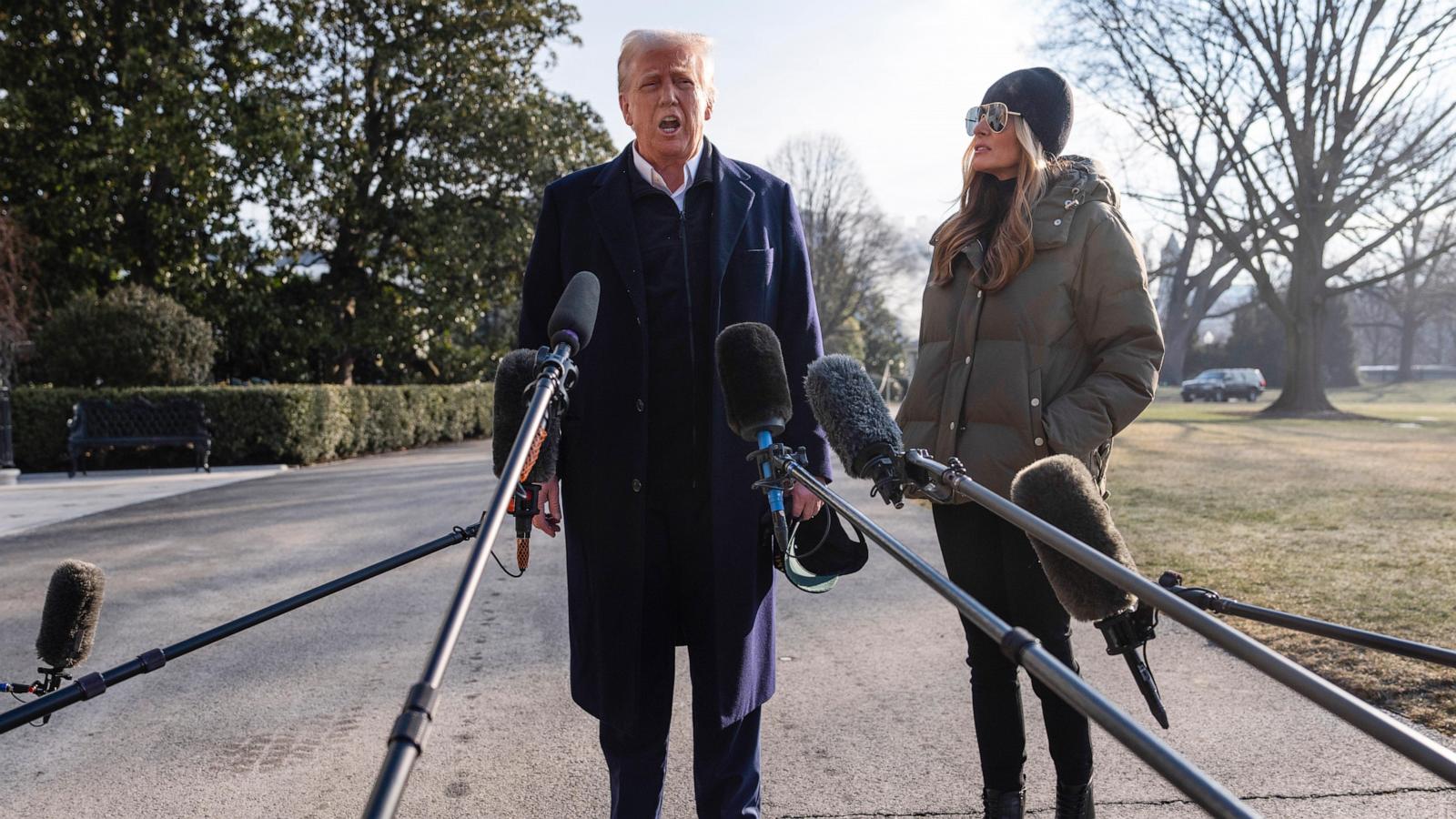Trump's Bold Gambit: Can Cutting Oil Prices End the Ukraine War?
The world watches with bated breath as President Trump attempts a daring maneuver to end the brutal conflict in Ukraine—a move so audacious, so unexpected, it could redefine global politics. He's betting on OPEC+, the powerful oil cartel, to drastically slash oil prices, crippling Russia's war chest and forcing Vladimir Putin to the negotiating table. But will this high-stakes gamble pay off, or is it a risky move with potentially devastating consequences? Let's delve into the details of this explosive plan.
The Oil Weapon: Can OPEC+ Pressure Russia into Peace Talks?
President Trump's strategy is refreshingly straightforward: hit Russia where it hurts most—its oil revenue. By pressuring OPEC+ to significantly reduce oil prices, the theory is that Russia will suffer a substantial loss of income, jeopardizing its ability to sustain the ongoing war. This is not merely a theoretical consideration; experts believe that a drop to $45 a barrel could seriously destabilize the Russian economy, potentially creating the pressure necessary to push Putin toward peace talks.
Saudi Arabia and the Billion-Dollar Question
The key player in this complex game of economic chess is Saudi Arabia. As one of OPEC+'s most influential members, Saudi Arabia's cooperation is essential for any significant price reduction to be effective. However, the relationship between Saudi Arabia and Russia, though collaborative in some ways, is complex and fraught with potential tension. Trump's approach is predicated on the assumption that his established relationship with Crown Prince Mohammed bin Salman is superior to that of the previous administration, thus enabling him to secure Saudi Arabia's buy-in where his predecessor failed. But even with that advantage, there is uncertainty whether this will amount to effective leverage.
The Risks of a Price War: Examining the Global Impact
While Trump's plan may seem simple on paper, the reality is much more intricate. A significant drop in oil prices could have a wide range of unforeseen effects on the global economy. The current global oil market is already delicately balanced, and a drastic reduction could trigger economic instability in other regions. Further complications could arise from the potential price war; if a steep price reduction provokes retaliation from non-allied countries, the resulting turmoil could greatly complicate the efforts to broker a peace deal.
Doubts and Disagreement: Skepticism Surrounds Trump's Plan
Trump's assertive approach, however, hasn't been met with universal approval. The Kremlin has emphatically dismissed the notion that oil prices have any bearing on their decision to continue the war. This directly challenges Trump's underlying assertion and casts significant doubt on the effectiveness of his strategy. Additionally, some analysts note the inherent risks of relying on such a high-stakes economic gamble— one miscalculation could disrupt already vulnerable global markets. This points to another essential variable: the unpredictability of market forces and whether geopolitical interests are malleable enough to follow such a plan.
Economic Realities: Assessing the True Power of Oil
There are several facets of the oil market that are crucial to consider when evaluating the viability of Trump's proposal. For example, while imposing a price cap on Russian oil has been attempted, Russia's ability to continue profiting from oil exports suggests the market’s ability to weather and respond in unexpected ways. Ultimately, the ability of Trump's oil-based gambit to affect Russian behavior depends on numerous interdependent and difficult-to-control factors beyond the price.
Trump vs. Biden: A Comparative Analysis of Their Approaches
President Trump has made significant pronouncements concerning the differences between his planned action and his predecessor's approach. His emphasis on the strength of his own foreign relationships serves as a sharp contrast with the previous administration’s strategies. While Biden focused on multilateral efforts and direct military assistance to Ukraine, Trump's proposed focus on economic pressure through oil prices represents a substantial departure. However, the effectiveness of both strategies has yet to be definitively assessed. One crucial element to note is the question of whether Trump will obtain better results not due to superior strategy, but instead simply due to already different international contexts.
Evaluating Trump's Track Record: A Reality Check
Although Trump made confident declarations about the speed with which he would conclude the war, his public pronouncements now display a level of understanding indicating that this might require a more protracted timeline. The war in Ukraine's complexity would likely require a longer period to resolve than initially believed by those advocating a rapid end to conflict. It will remain difficult to distinguish Trump's own approaches from the pre-existing realities.
Take Away Points
- President Trump's proposal to leverage oil prices to pressure Russia into ending the Ukraine conflict is a daring gamble with significant potential risks and rewards.
- The success of the plan hinges on the cooperation of Saudi Arabia and other OPEC+ members, along with the economic responsiveness of Russia.
- The proposal raises numerous global economic questions.
- The effectiveness of Trump's approach compared to that of his predecessor remains to be seen.









